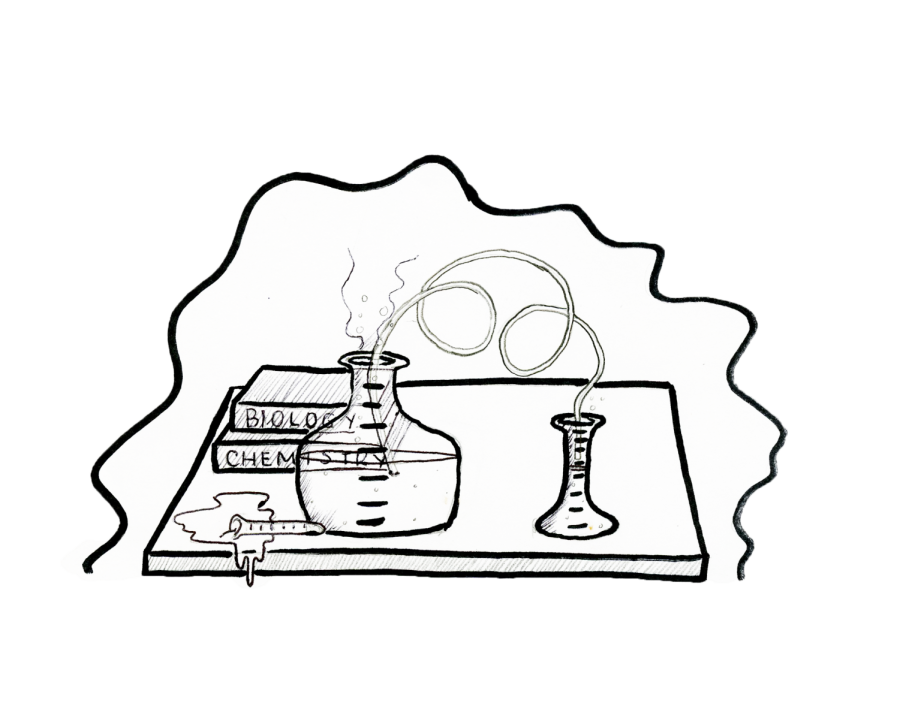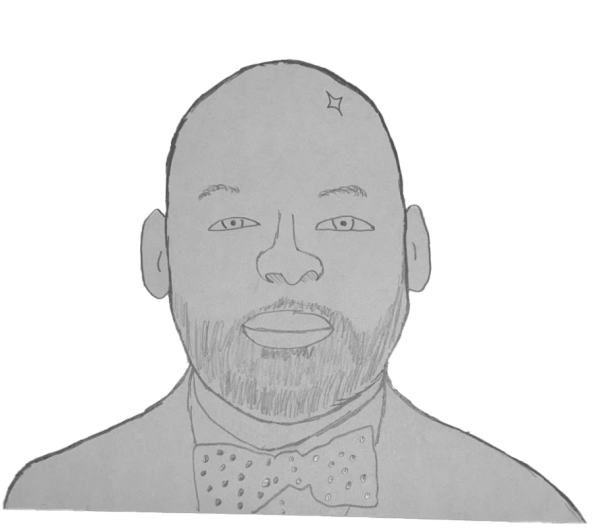A New Science Pathway
Get your questions answered here.
Starting next year, Garfield High School, along with many other schools throughout the district, is implementing a new three-year science track. One of the biggest changes students will see will be the combining of chemistry and physics classes.
Following this new track, first-year students will take one semester of physics and one semester of chemistry, called ChemA/PhysA. The course will look very similar to the first semesters of the current full-year physics and chemistry classes.
The decision to put these two fields together was intentional.
“One reason why Chem and Physics are in back-to-back semesters is to have kids see these different disciplines of science aren’t separate,” said Mr. Johnson, co-chair of the science department at Garfield.
Year two of this track will be a full year of biology with slight changes from the previous curriculum. Year three will cover the second semesters of Chemistry and Physics, known as ChemB/PhysB.
Having biology in between ChemA/PhysA and ChemB/PhysB will allow teachers to make connections between disciplines of science which will help students understand biology better.
“It allows us, as teachers, to keep revisiting these concepts and strengthen them,” said Dr. Finley, the other co-chair of the science department.
Reinforcing concepts will be especially important for students in the Class of 2021 and below. This is because they will have to take the new WCAS—Washington Comprehensive Assessment of Science—standardized test at the end of their junior year.
The WCAS will require students to meet Next Generation Science Standards (NGSS) that were adopted by Washington State in 2013. These standards require students to be well-versed in physics, biology, chemistry, and earth sciences—all of which will be covered in the new pathway.
But what will students do who are currently in chemistry? Do they still have to take ChemB/PhysB? The answer is no.
Sophomores and freshmen currently in chemistry should be aware that although they will not be required to take physics next year, they will still be accountable for passing the WCAS test. Passing this test will become a graduation requirement.
The Seattle Public Schools website remains unclear as to what graduation alternatives will be for students who do not pass the test until after it is taken.
“We are not just shifting what gets taught when with these new standards, but we are also trying to shift how science is taught,” Johnson said.





